Chinese authorities and manufacturers are actively promoting localized production of COVID-19 treatments as the country is making full preparations to protect high-risk groups, given potential epidemic waves during the upcoming Lunar New Year festival.
The US pharmaceutical giant Merck Sharp & Dohme (MSD)'s China branch announced on Wednesday that, to meet the needs of Chinese patients and help China's fight against COVID-19, MSD launched licensing negotiations with Sinopharm to manufacture and supply molnupiravir in China.
On Thursday, Sinopharm told media that molnupiravir would be available online in the Chinese mainland market since Friday, media reported.
Sinopharm and MSD signed a cooperation framework agreement in September, under which Sinopharm would be a dealer and exclusive commission agent for MSD's antiviral COVID-19 medicine in China.
The two sides would also negotiate the feasibility of a technical transfer under the framework so that the drug molnupiravir could be produced and provided in the Chinese mainland market, according to a statement Sinopharm sent to the Global Times at that time.
The two sides signed an agreement specifically on distribution later in November during the China International Import Expo in Shanghai. Liu Yong, president of Sinopharm, said at that time that the group would make full use of its distributing network and market service capacity to enhance the accessibility of the treatment in a short period.
Another major COVID-19 treatment producer Pfizer is also talking with a Chinese partner to produce and provide its COVID-19 treatment Paxlovid locally, the company's chief executive Albert Bourla told media during the JP Morgan Healthcare Conference.
China-produced pills are expected to be available within the next few months, media outlets reported on Monday, citing Bourla.
Pfizer's Chinese partner is reportedly the Zhejiang-based Chinese drugmaker Huahai Pharmaceutical, which announced in August 2022 that it had signed a deal with Pfizer to produce the drug in the Chinese mainland solely for patients in the country.
Huahai Pharmaceutical told media on Tuesday that it was actively working with Pfizer to accelerate localized production of Paxlovid.
Huahai is one of the five pharmaceutical companies in China that have signed on with the UN-backed public health organization Medicines Patent Pool to manufacture the generic version of Paxlovid for supply in 95 low- and middle-income countries, the organization announced on Thursday. China was not included in the 95 countries.
The pills Huahai would produce for the mainland market would not be the generic version, but the original version, according to Bourla.
The Pfizer treatment contains two medications called nirmatrelvir and ritonavir. According to the agreement, Pfizer will provide Huahai with ritonavir tablets and raw materials to produce nirmatrelvir. Huahai would be allowed to produce nirmatrelvir and package tablets of the two medications together.
As the first Chinese pharmaceutical company that obtained a product quality certificate from the US Food and Drug Administration, Chinese medical industry analysts said that Huahai is technically capable of producing Pfizer's pills. The Huahai-produced Paxlovid would be available in the mainland market as early as the first half of 2023.
According to Chinese laws and regulations, the Hauhai-produced version has to be proven as qualified and efficacious as the original one produced by Pfizer before it is approved to go onto the market, the Global Times learned from industry experts.
Approved in China in February 2022, the Pfizer treatment is currently covered by China's public health insurance until March 31 under a temporary arrangement for 1,890 yuan ($280) a package.
But the treatment will not be added to the list of medicines covered by China's basic medical insurance plans because the company's quotation was too high, China's Healthcare Security Administration (NHSA) announced on Sunday.
Zhuang Shilihe, a Guangzhou-based medical expert who closely follows public health issues, told the Global Times that whether Chinese people can get Paxlovid won't be affected by the failure to include the drug on China's insurance drug list, but by the amount of it that Pfizer would supply to China.
Zhuang said if there is sufficient supply, Chinese patients could still get the drug from local hospitals after March 31.
According to Bourla, Pfizer shipped thousands of courses of the treatment in 2022 to China and in the past couple of weeks, had increased that volume to millions.
Chinese producers are accelerating the research and development as well as the production of domestic drugs amid surging cases.
A 3CL-targeting anti-SARS-CoV-2 drug candidate SIM0417, jointly developed by Nanjing-based Simcere Pharmaceutical Group, the Shanghai Institute of Materia Medica and the Wuhan Institute of Virology, is expected to be approved for the market in February, Jiangsu's drug management authority announced in late December 2022.
The Global Times learned from Simcere on Thursday that it is preparing to produce the drug in both Nanjing and Hainan.








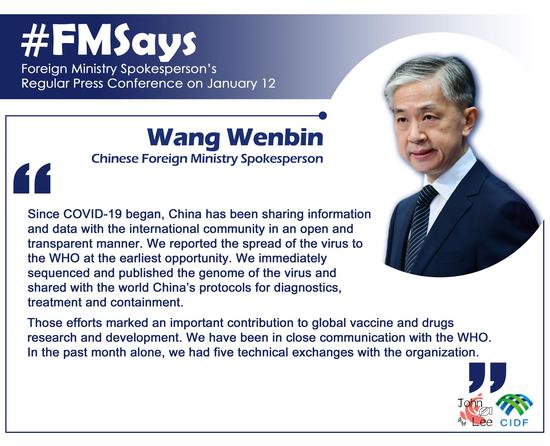
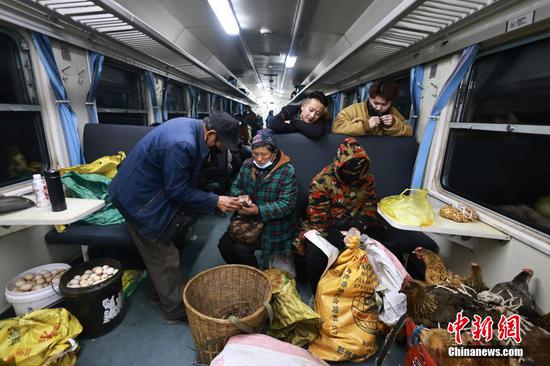
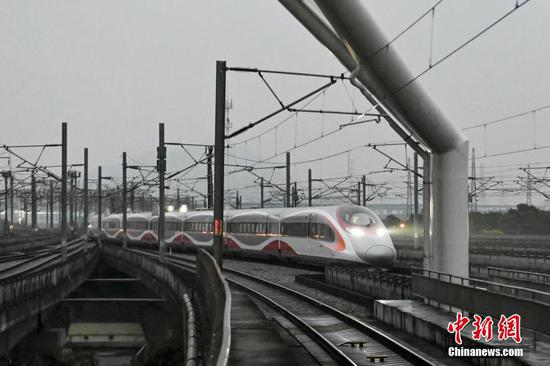
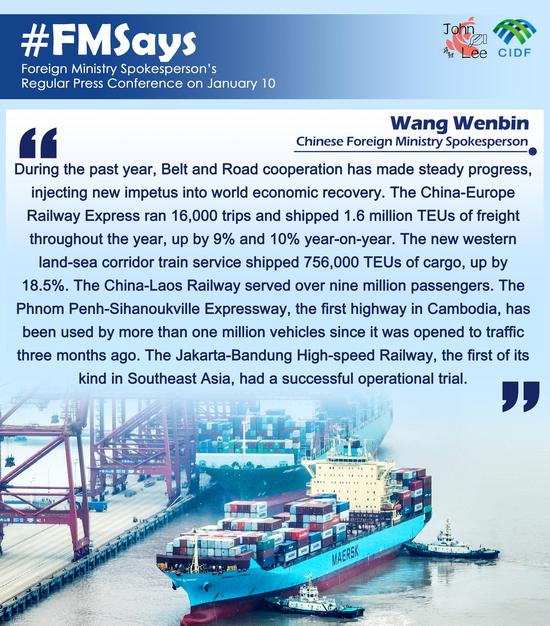
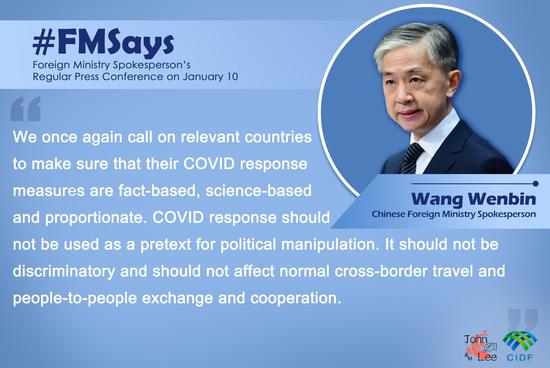
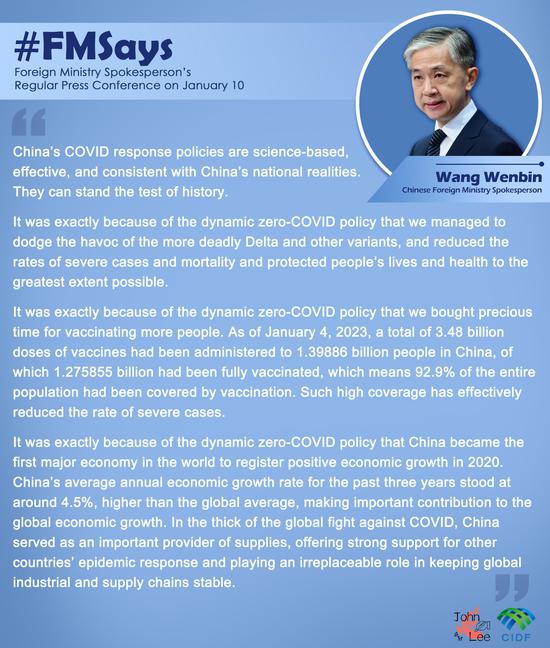
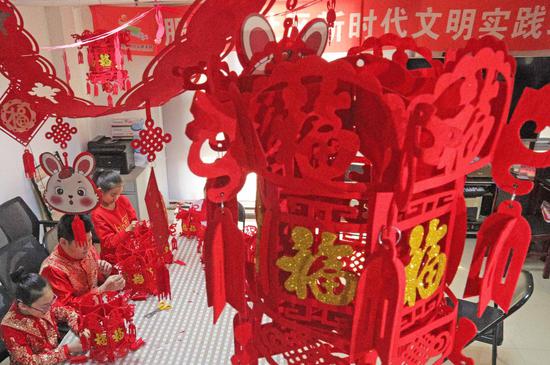
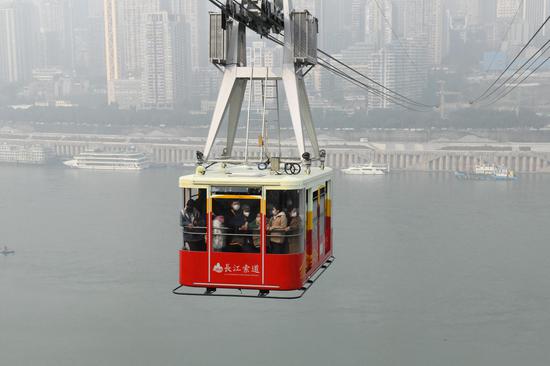
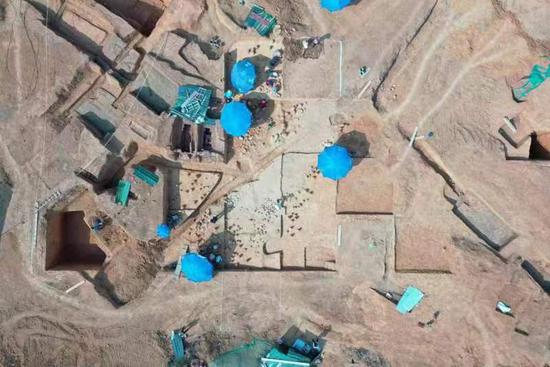
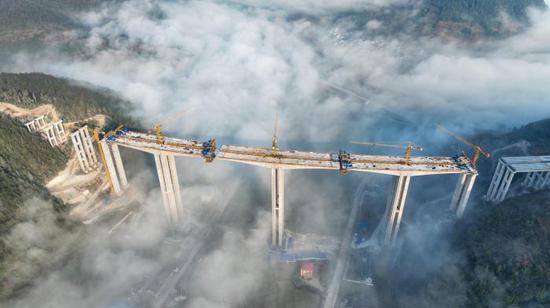
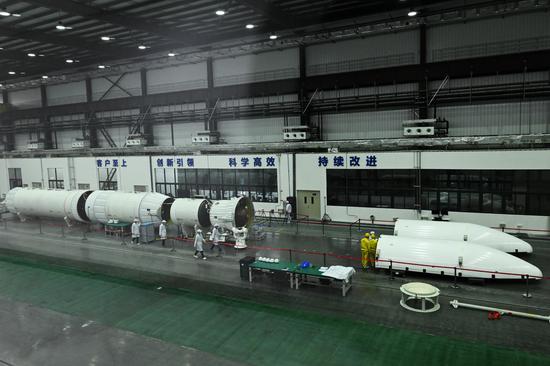



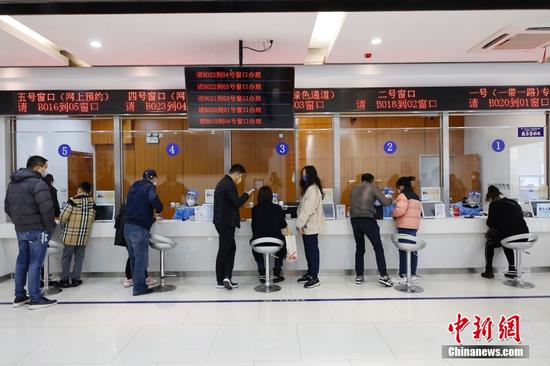
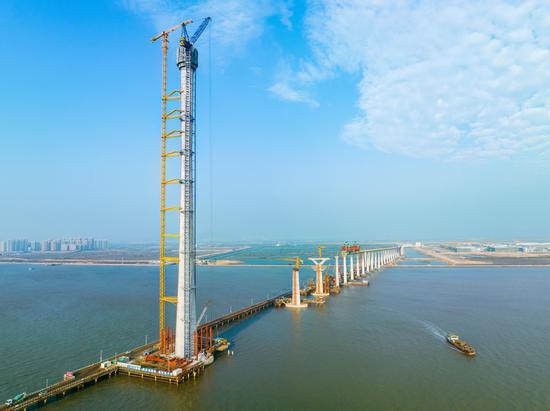

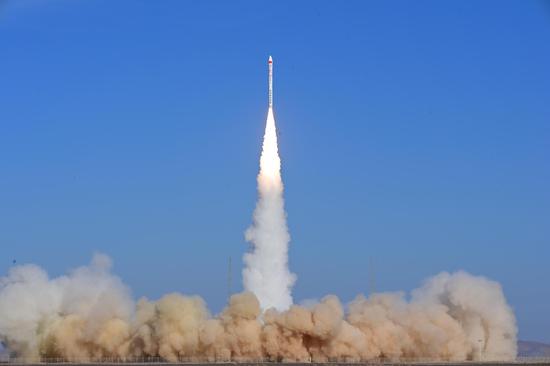
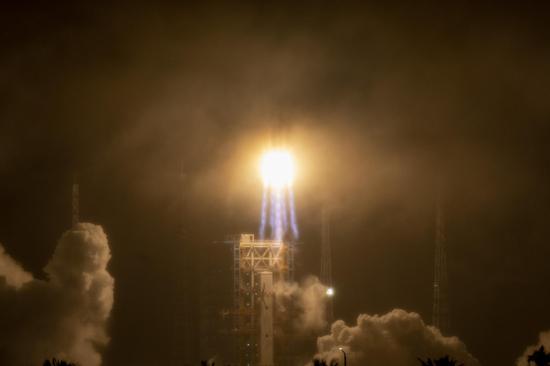
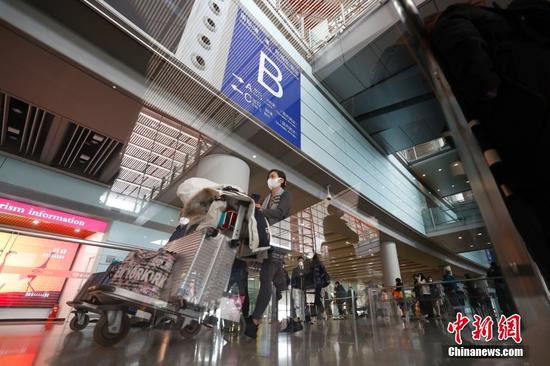

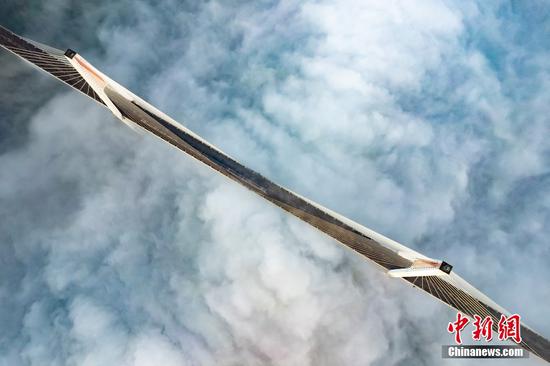
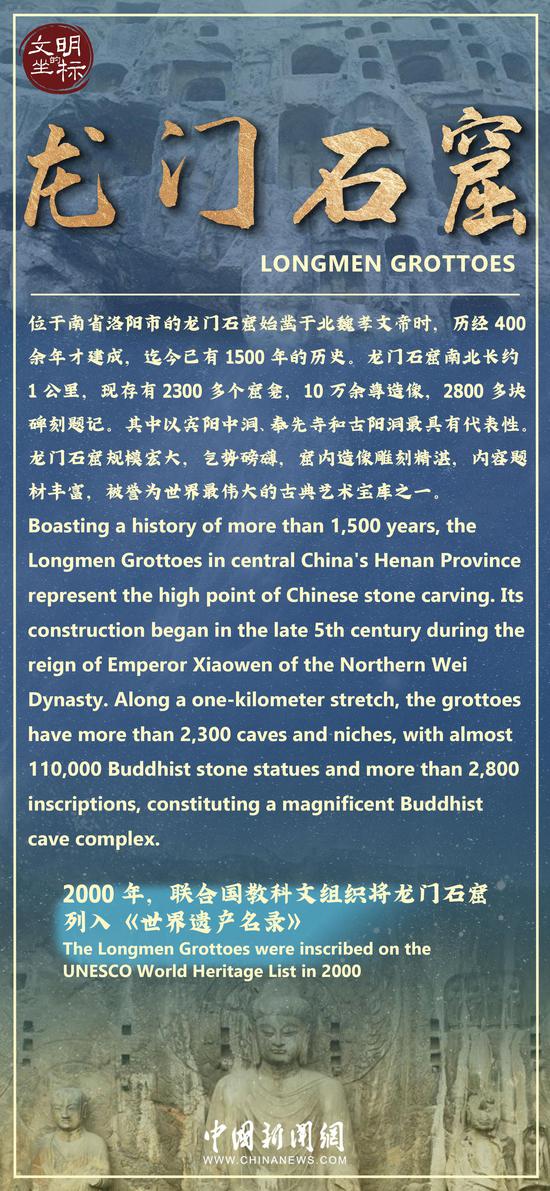
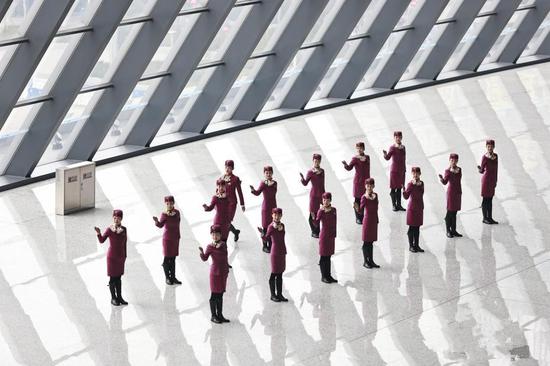
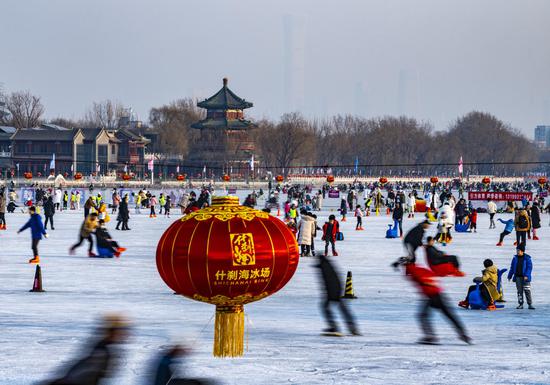
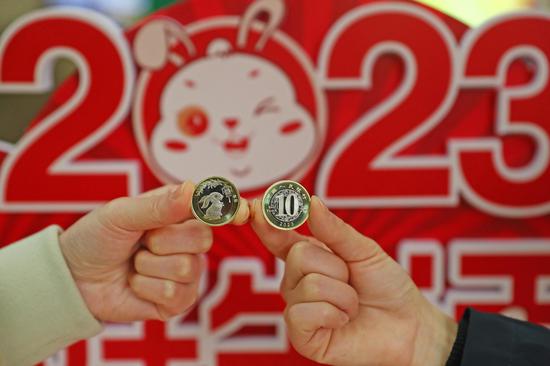
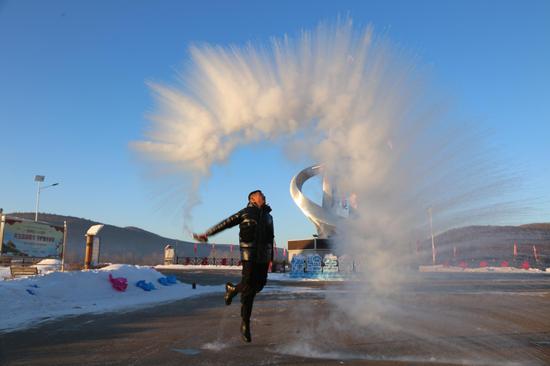
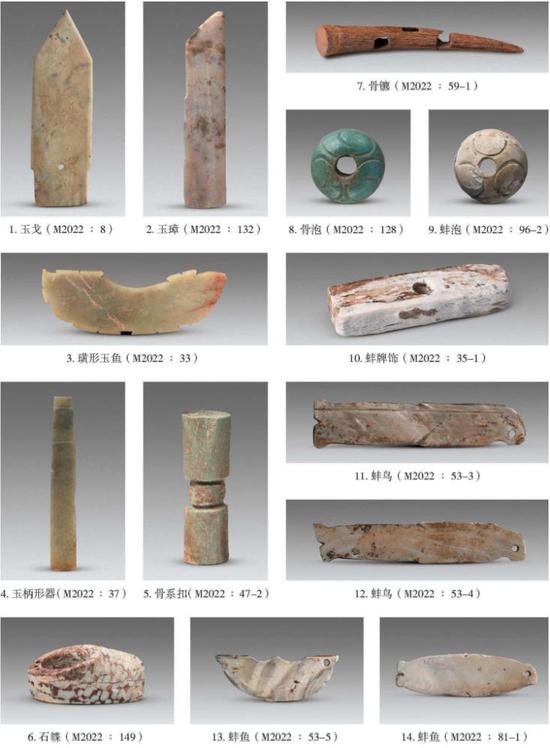

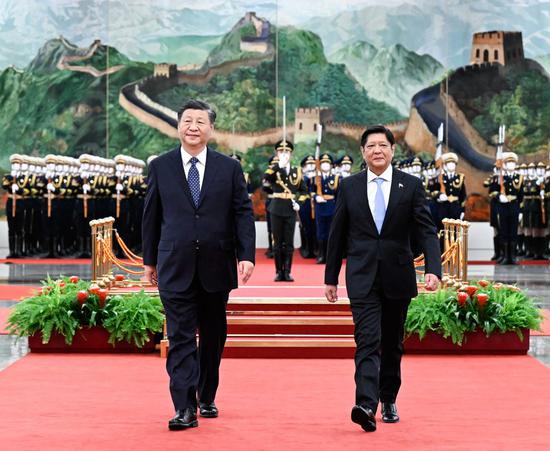
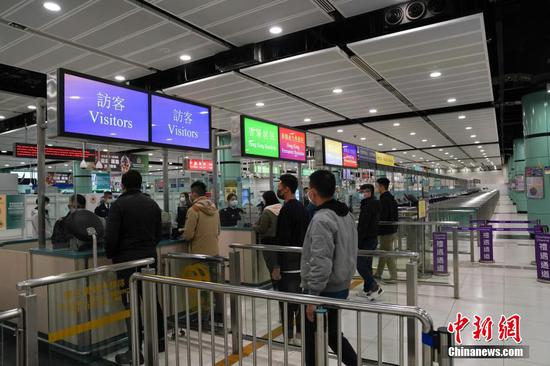
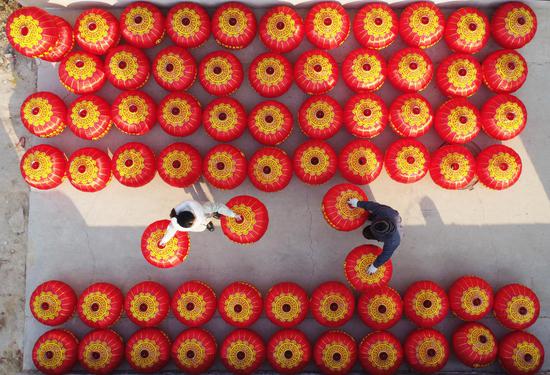
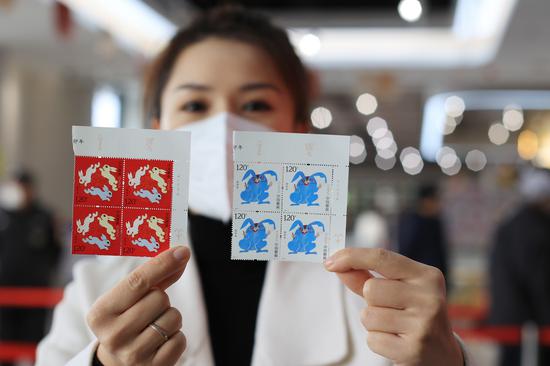
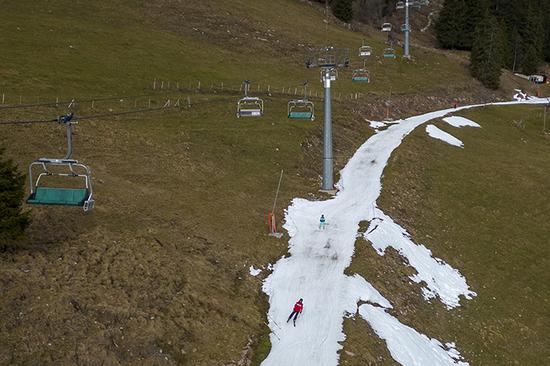
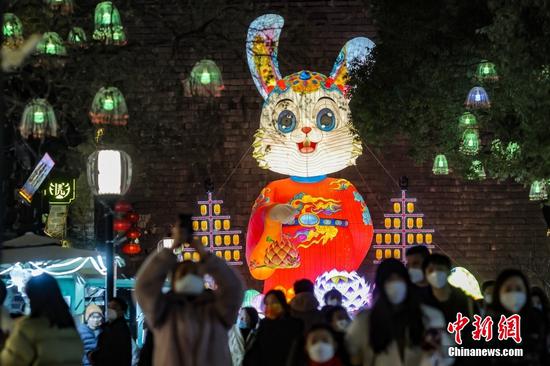
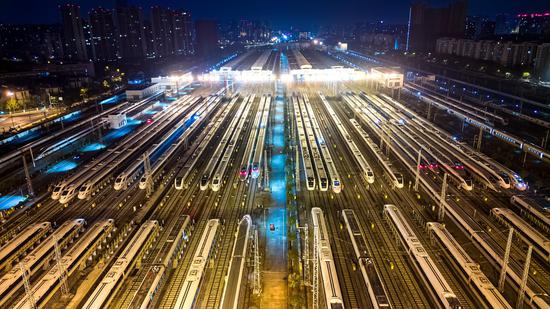
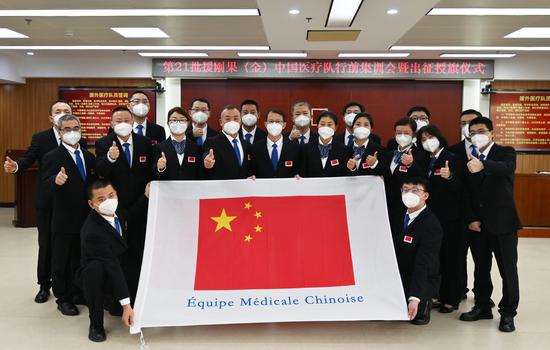





 京公网安备 11010202009201号
京公网安备 11010202009201号